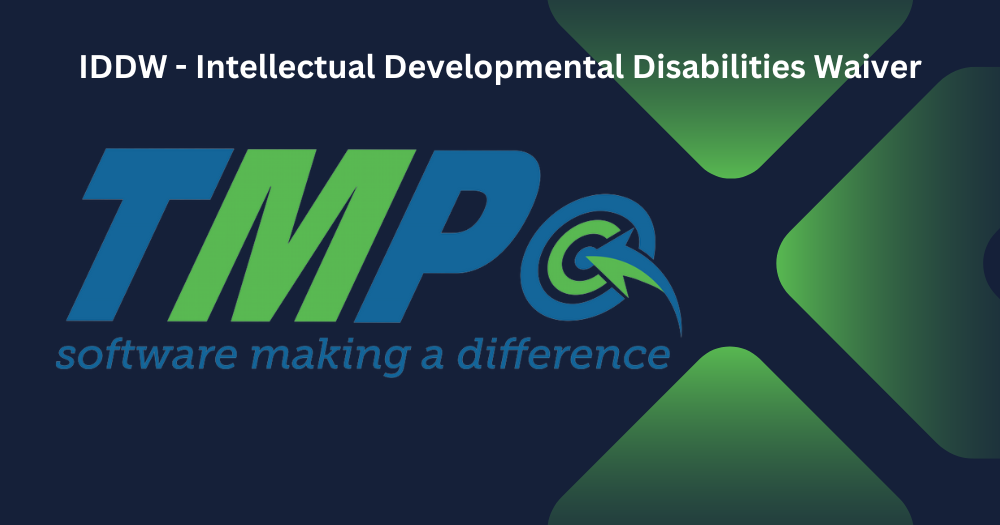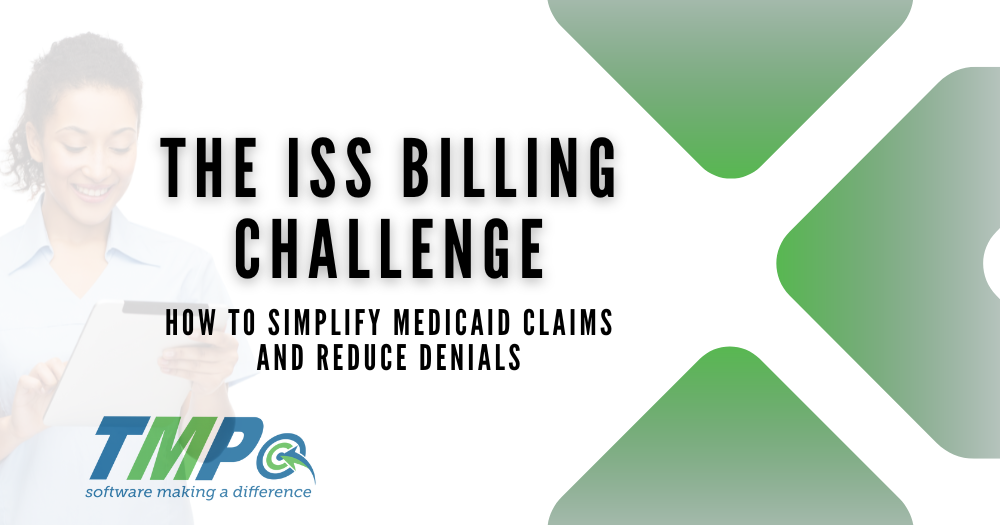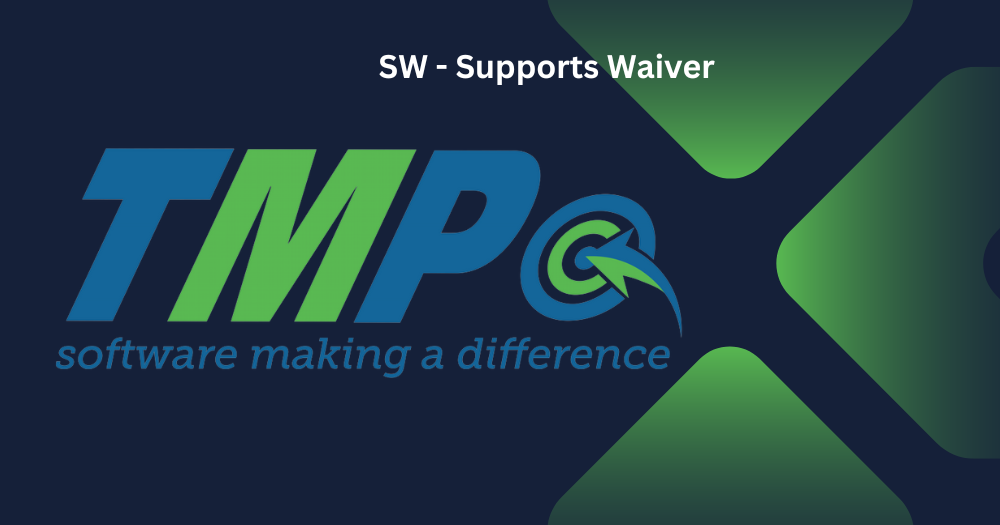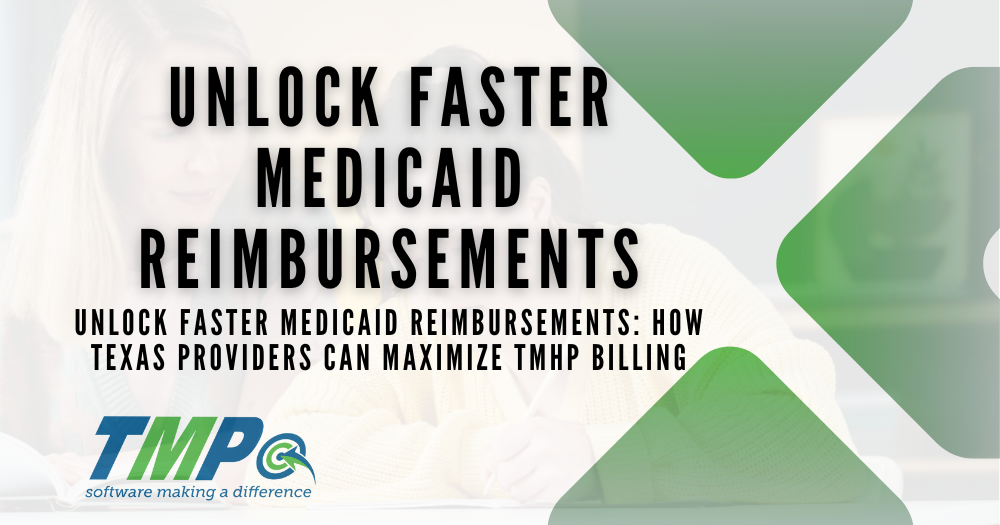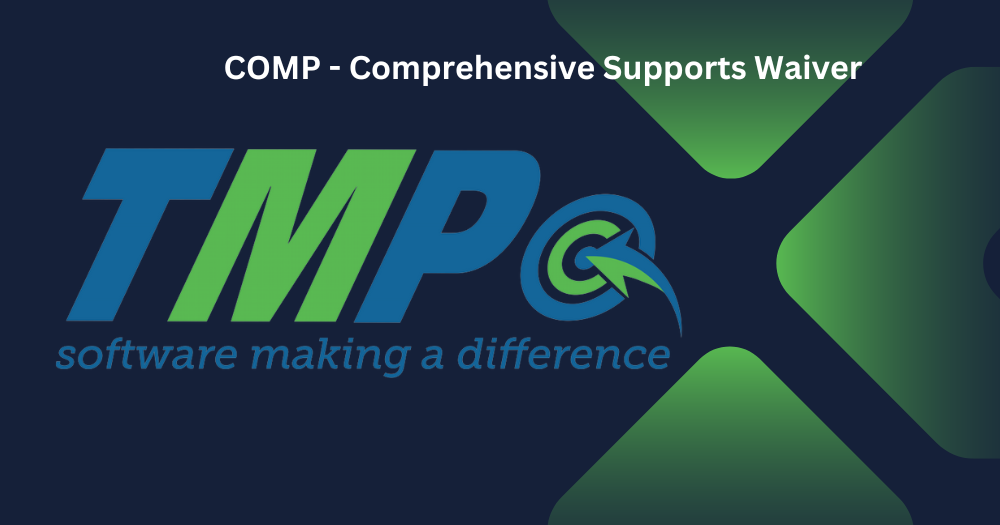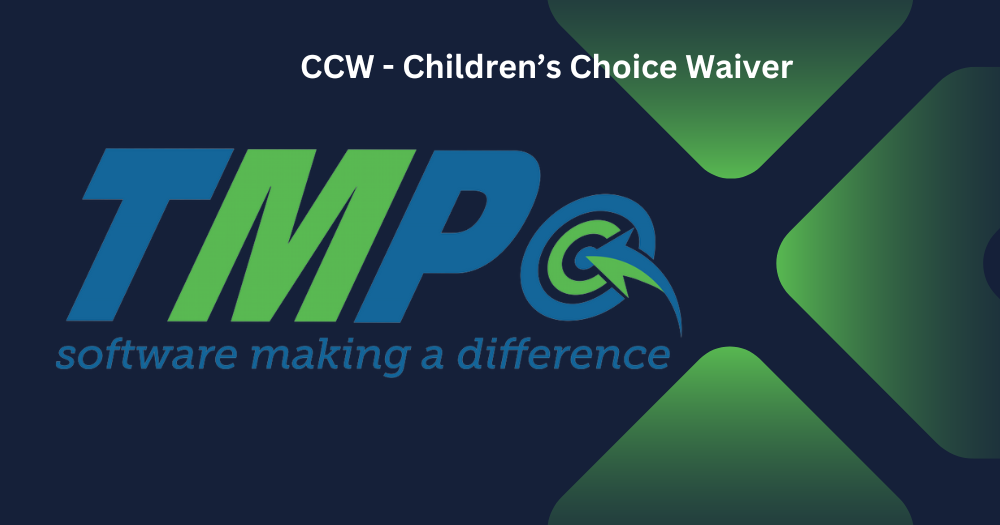The Importance of Time to Care Texas and Why TaskMaster Pro Stands in Support
In Texas, thousands of individuals with intellectual and developmental disabilities (IDD) rely on Direct Support Professionals (DSPs) for essential care and daily assistance. However, the state’s DSP workforce is in crisis due to inadequate wages, leading to high turnover rates and staffing shortages that threaten the well-being of those who depend on their support. Time to Care Texas is a coalition of advocates, providers, and community organizations dedicated to addressing this crisis by fighting for fair wages and sustainable workforce solutions. At TaskMaster Pro, we recognize the urgent need for this advocacy and proudly stand in support of their mission.
The Workforce Crisis in Texas
Direct Support Professionals play a vital role in the lives of individuals with IDD, providing assistance with personal care, medication management, job coaching, and social integration. Despite their critical responsibilities, DSPs in Texas earn an average wage of just $10.60 per hour—far below a livable wage. This has resulted in severe staffing shortages, putting individuals with IDD at risk of losing the support they need to live independently and with dignity.
Time to Care Texas is working to change this by advocating for an emergency funding increase through the Legislative Budget Board (LBB) to raise DSP wages to at least $15 per hour. This increase is essential to recruiting and retaining a stable workforce and ensuring continuity of care for the most vulnerable members of our communities.
Why TaskMaster Pro Supports Time to Care Texas
TaskMaster Pro is committed to supporting provider agencies that serve individuals with disabilities. Our software solutions are designed to streamline operations, improve service delivery, and enhance compliance—but none of these improvements can fully address the crisis if there are not enough DSPs to provide care.
By supporting Time to Care Texas, we are advocating for the sustainability of the entire IDD services ecosystem. A strong, well-compensated workforce means:
- Higher quality care for individuals with IDD
- Reduced turnover and staffing shortages for provider agencies
- Greater efficiency in service delivery and Medicaid billing
- More stability for families who rely on DSPs for support
Taking Action
The work of Time to Care Texas is critical, but it requires the collective effort of providers, advocates, and community members. We encourage our partners and stakeholders to support this movement by:
- Contacting state legislators to advocate for increased DSP wages
- Spreading awareness about the workforce crisis in Texas
- Supporting organizations and coalitions like Time to Care Texas that are leading the charge
TaskMaster Pro stands with Time to Care Texas in their fight for fair wages and a sustainable DSP workforce. We believe that investing in caregivers is investing in the future of IDD services in Texas. Together, we can make a difference in the lives of thousands who depend on quality, compassionate care.


